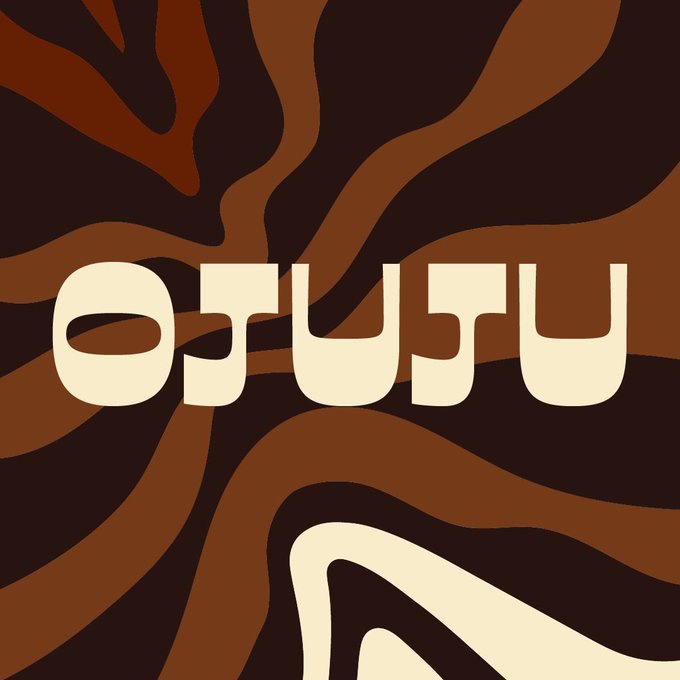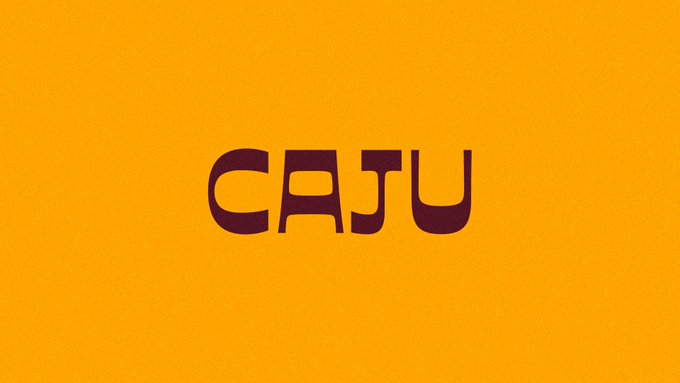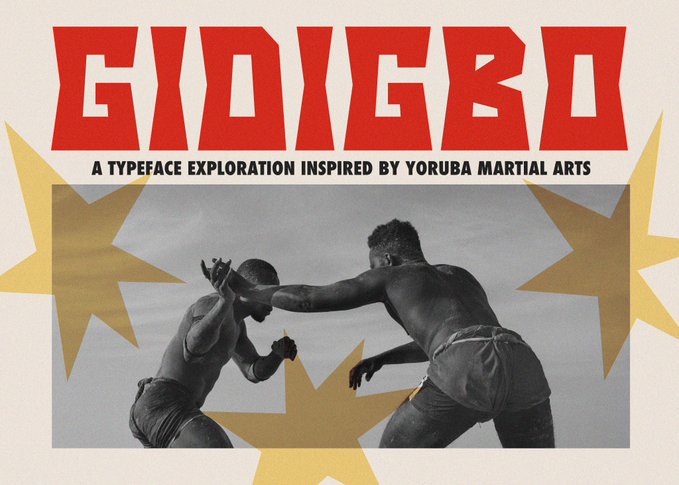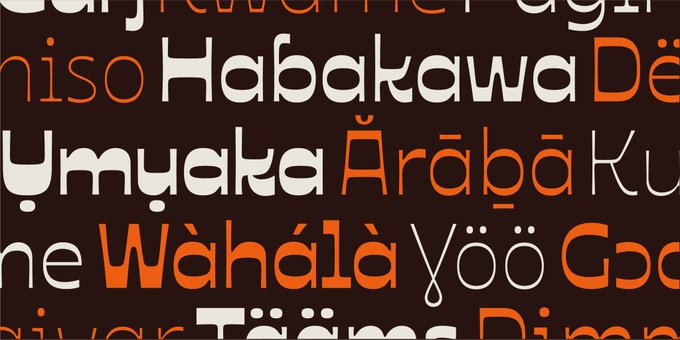Inspired
This New “Ojuju” Typeface By Chisaokwu Joboson Supports 514 African Languages

Have you ever tried typing a word in your native language, like “uwa” for mother in Hausa or “chakula” for food in Swahili, only to find that something’s off? You change your keyboard, yet it doesn’t display your words accurately. The typeface may even look strange.
You’re not alone. This is a common frustration many face when trying to express themselves in their mother tongue. It is also a major reason that Chisaokwu Joboson created the “Ojuju” typeface, “Many typefaces do not cater to African languages,” he says. “Ojuju was designed to support 514 African indigenous languages. So this means a lot of letters (or glyphs) in your language alphabet which you would usually not be able to type easily in many typefaces can be found in the “Ojuju” typeface. Africans mustn’t feel uncatered for in the grand scheme of things concerning design and communication and the Ojuju typeface is one out of many to help solve that, aside from being a pretty-looking font.”

Of the 7,000 languages spoken globally, 6,700 are indigenous and at risk of disappearing every two weeks, according to UNESCO (The UN Educational, Scientific and Cultural Organisation). Nigeria and Cameroon are among the countries with endangered languages.
Given these challenges, especially in a digital era, people should be able to find their languages on a keyboard that caters to their communication needs. The necessity for suitable fonts and keyboards in preserving African languages, whether on the internet or in print, is more critical than ever.

The “Ojuju” typeface addresses this gap and contributes to the promotion of indigenous African languages.
“We are moving towards an era where digital communication in indigenous African languages will be possible. For example, Africans will be able to use apps that have an option for their languages, just like Asians do. Learning will also be digitally possible in African languages. Achieving this requires creating structures that enable African languages to thrive, and African typography is at the centre of this effort.”

The choice of the name for the typeface, “Ojuju,” draws inspiration from Chisaokwu’s childhood fascination with African Masquerades. In Nigeria, “Ojuju” is a popular word to refer to masquerades. When deciding on a name for his typeface, he knew he wanted it to reflect his memories of masquerades.
“As a child, the mention of this name would have us kids either running away to hide or running toward the masquerade to catch a glimpse. Whenever I visited my hometown in Enugu, I would see the village masquerades and be captivated by their intricate identities, swift movements, fiery looks, and intriguing stories. When Google Fonts approached me to design a typeface with African essence, I was already exploring type design and searching for ways to create contemporary fonts that could support African languages. And so I chose the name “Ojuju” for my typeface. It is an easy-to-remember name that rolls off the tongue as well.”
Less than a year ago, @jobosonchisa talked about the importance of pushing African identity in design at the Untitled Design Conference.
Earlier this week, he published his vision in form of Ojuju typeface inspired by African masquerades.
A typeface for Africans by an African. pic.twitter.com/DdcO6HSFZj
— 🦉 (@jideszn) March 2, 2024




















